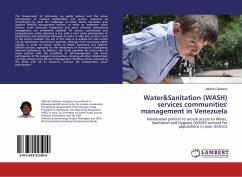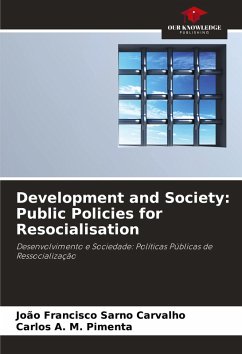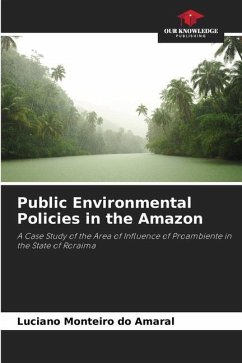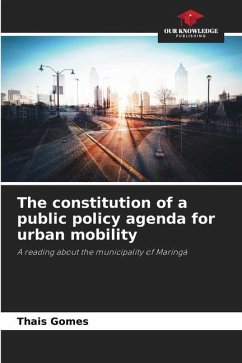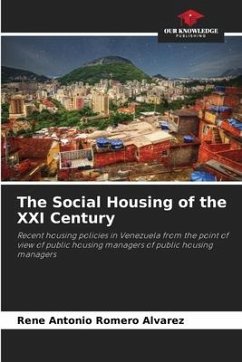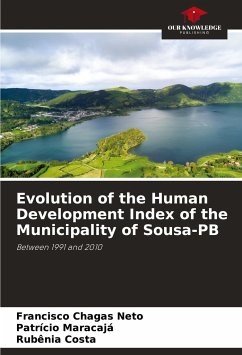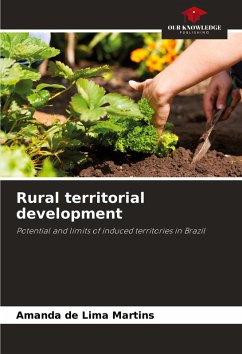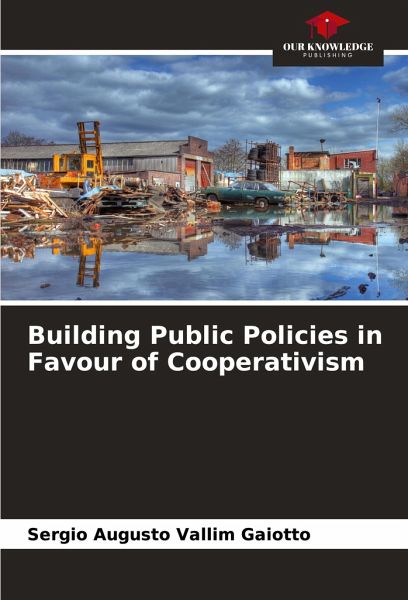
Building Public Policies in Favour of Cooperativism
Versandkostenfrei!
Versandfertig in 6-10 Tagen
36,99 €
inkl. MwSt.

PAYBACK Punkte
18 °P sammeln!
Public policies aimed at the solidarity economy have been increasingly intensified in Brazil through social projects, the creation of laws such as the National Solid Waste Policy, or even through collaborative actions between the state and individuals in situations of social and economic inequality (BRUM, MOURA, 2015; SOUZA, 2011), as is the case with co-operative actions established in the field of recycling solid urban waste. The importance of inserting public policies in line with the solidarity economy stems from the emergence of issues directly related to the economy, social welfare, prod...
Public policies aimed at the solidarity economy have been increasingly intensified in Brazil through social projects, the creation of laws such as the National Solid Waste Policy, or even through collaborative actions between the state and individuals in situations of social and economic inequality (BRUM, MOURA, 2015; SOUZA, 2011), as is the case with co-operative actions established in the field of recycling solid urban waste. The importance of inserting public policies in line with the solidarity economy stems from the emergence of issues directly related to the economy, social welfare, productivity and the Brazilian workforce, i.e. generating work and income, subsistence, sustainability, family structure and valuing the national productive force, for example, are elements that have stimulated the constitution of public policies in the national territory (SOUZA, 2011; ANTUNES, 2008).





